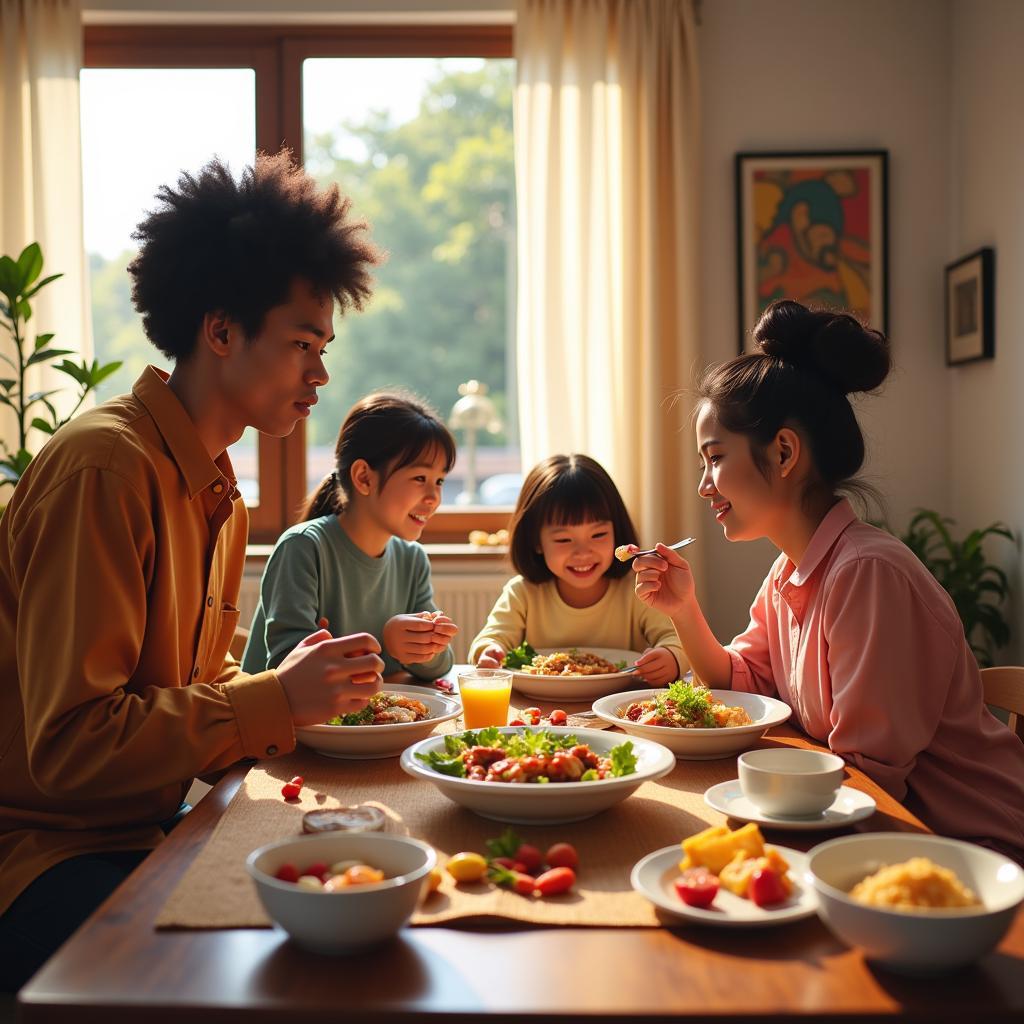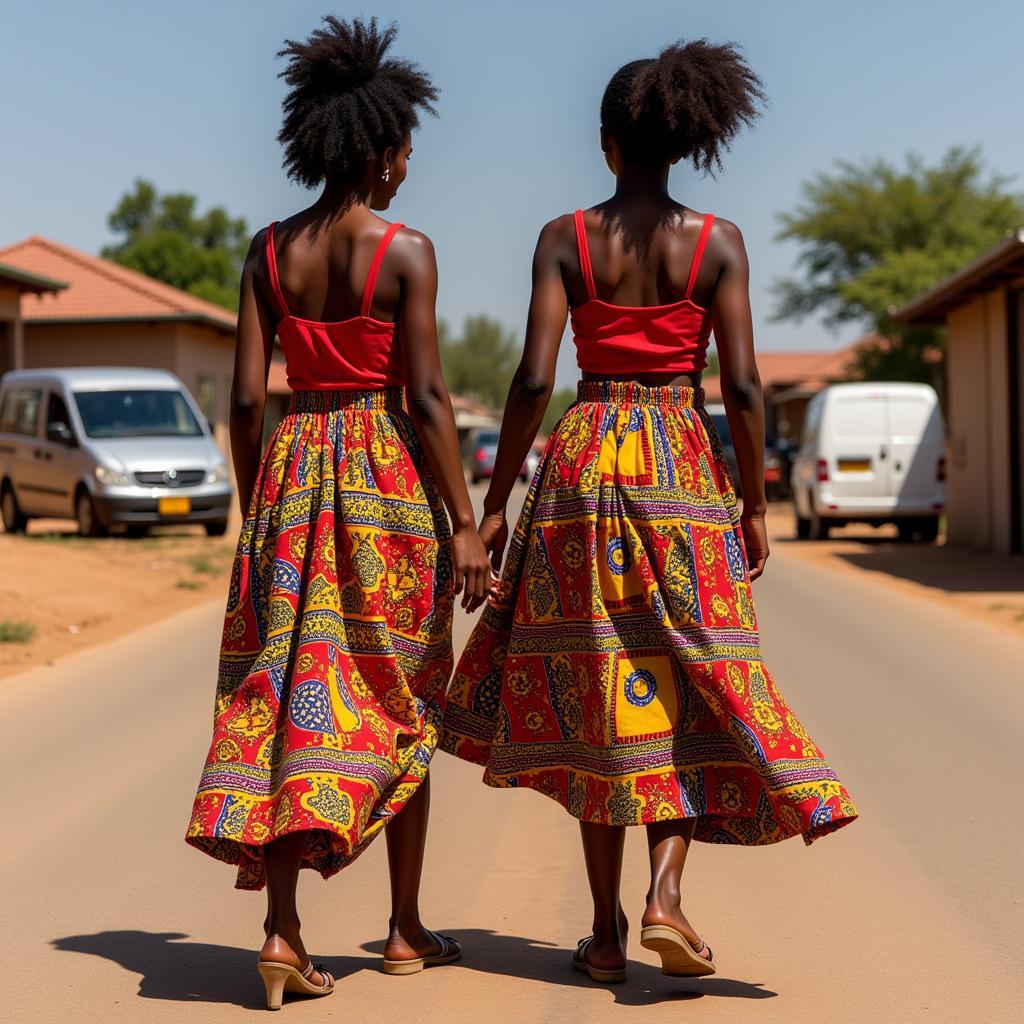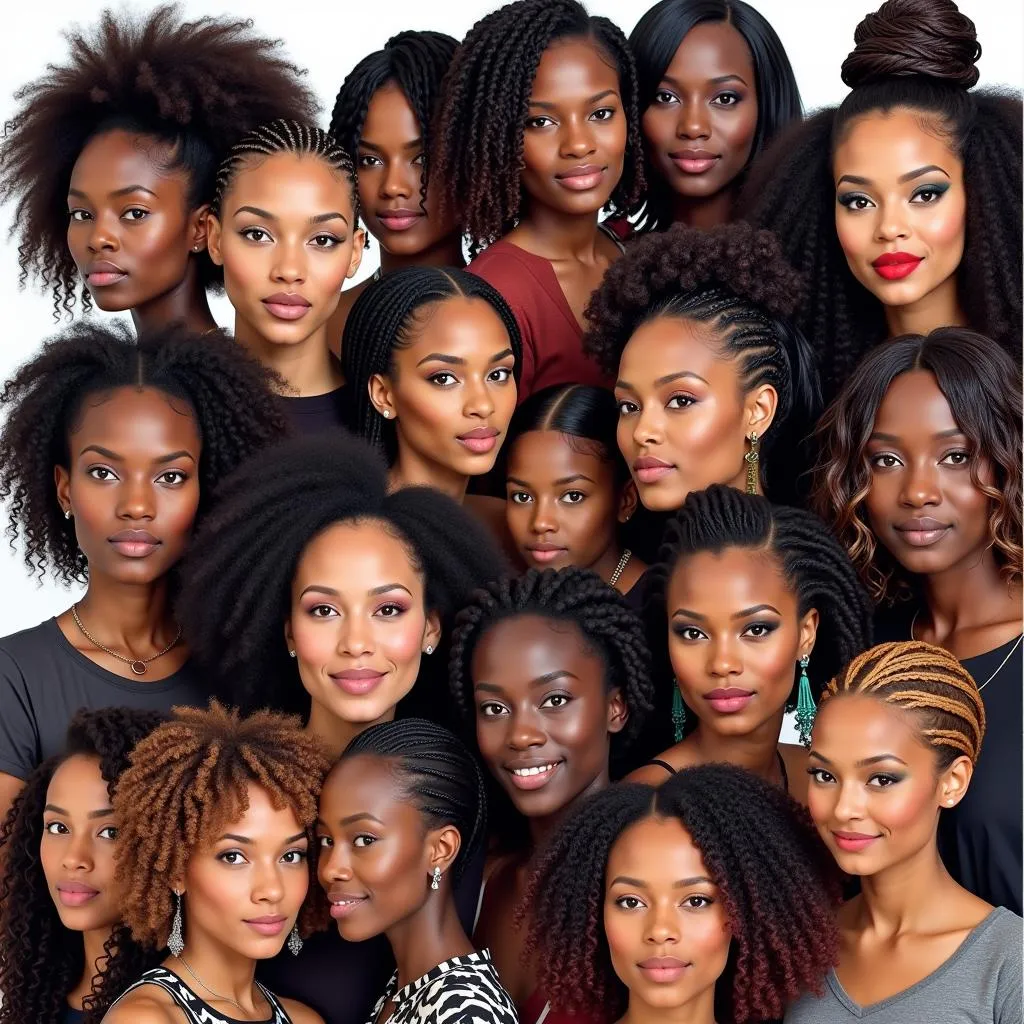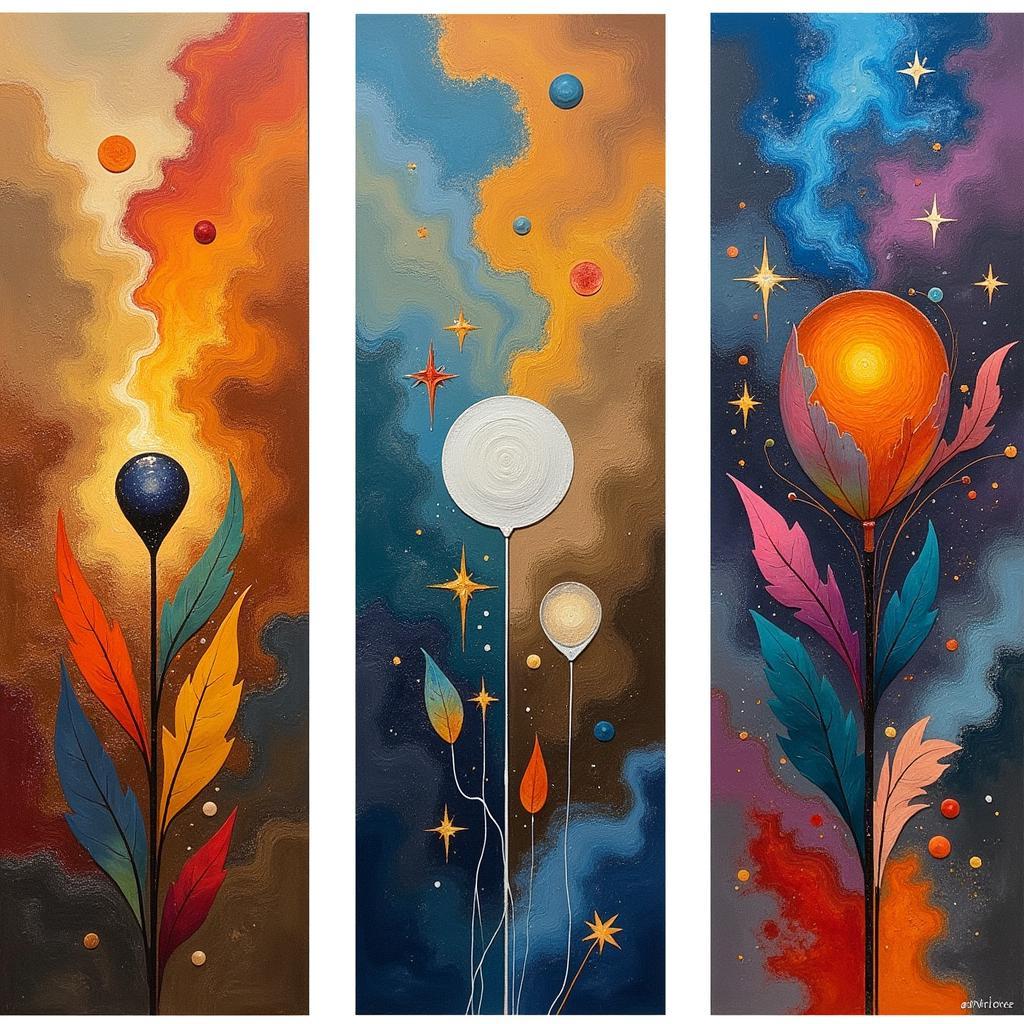Exploring Cultural Exchange: Navigating the Complexities of Relationships Between African and Japanese Individuals
The intersection of African and Japanese cultures in interpersonal relationships presents a fascinating study in cultural exchange. Understanding the dynamics, challenges, and rewards of such relationships requires a nuanced approach, considering the historical, social, and individual factors at play.
Bridging Continents: African and Japanese Relationships
Navigating relationships between individuals from vastly different cultural backgrounds, like Africa and Japan, requires sensitivity and open communication. Cultural differences can manifest in various ways, from communication styles and family values to perceptions of time and personal space.
One key aspect is communication. Japanese culture often values indirect communication, prioritizing harmony and avoiding direct confrontation. African cultures, while diverse, often favor more direct communication styles. This difference can lead to misunderstandings if not addressed openly and respectfully.
Family Values and Expectations in Intercultural Relationships
Family plays a central role in both African and Japanese societies, albeit in different ways. Understanding these differing family structures and expectations is crucial for building strong intercultural relationships. In many African cultures, extended family plays a significant role, with strong emphasis on community and collective responsibility. Japanese families, while also valuing family ties, tend to have a more nuclear family structure.
 African and Japanese Family Having Dinner Together
African and Japanese Family Having Dinner Together
Another important consideration is the perception of time. Japanese culture often emphasizes punctuality and strict adherence to schedules, while some African cultures may have a more flexible approach to timekeeping. These differences can create friction if not understood and accommodated.
Navigating Cultural Differences in African and Japanese Relationships
Respect for elders is a cornerstone of both African and Japanese cultures, though the expressions of this respect may differ. Understanding these nuances can help bridge cultural gaps and foster mutual understanding.
Overcoming Challenges and Building Strong Bonds
Despite the potential challenges, relationships between African and Japanese individuals can be incredibly rewarding. By embracing cultural differences and fostering open communication, couples can build strong, lasting bonds. Learning each other’s languages, exploring each other’s cultural traditions, and engaging with each other’s families are essential steps in this process.
Communicating Effectively Across Cultures
One of the most significant challenges in any intercultural relationship is communication. Misunderstandings can easily arise due to language barriers, different communication styles, and varying cultural norms. Active listening, patience, and a willingness to learn are crucial for overcoming these challenges.
Building Bridges Through Shared Experiences
Shared experiences can create a strong foundation for any relationship, and this is especially true for intercultural couples. Traveling together, exploring each other’s home countries, and experiencing each other’s cultural traditions can create lasting memories and strengthen the bond between partners.
Conclusion: Celebrating Diversity in Relationships Between African and Japanese People
Relationships between African and Japanese individuals represent a beautiful tapestry of cultural exchange. By embracing the richness and diversity that each culture brings to the table, couples can build strong, fulfilling relationships that transcend geographical and cultural boundaries. Navigating the complexities of these relationships requires understanding, respect, and a commitment to open communication, ultimately enriching the lives of both partners.
FAQ
- What are some common cultural differences between Africa and Japan?
- How can language barriers be overcome in intercultural relationships?
- What are some ways to bridge cultural gaps in an African-Japanese relationship?
- What are the benefits of intercultural relationships?
- How can families from different cultural backgrounds support an intercultural relationship?
- What are some resources available for intercultural couples?
- How can one learn more about African and Japanese cultures?
Common Scenarios and Questions:
-
Scenario: An African man is dating a Japanese woman and is unsure about gift-giving etiquette in Japanese culture.
-
Question: What are appropriate gifts to give a Japanese girlfriend’s family?
-
Scenario: A Japanese woman is concerned about introducing her African boyfriend to her traditionally-minded parents.
-
Question: How can I prepare my family for meeting my partner from a different cultural background?
Further Exploration:
For more information on intercultural relationships and cultural exchange, you might find these articles helpful:
- Understanding Japanese Culture and Etiquette
- Exploring the Diversity of African Cultures
- Tips for Successful Intercultural Communication
Need Assistance?
For personalized advice and support, please contact us:
Phone: +255768904061
Email: [email protected]
Address: Mbarali DC Mawindi, Kangaga, Tanzania
We have a 24/7 customer support team ready to assist you.



